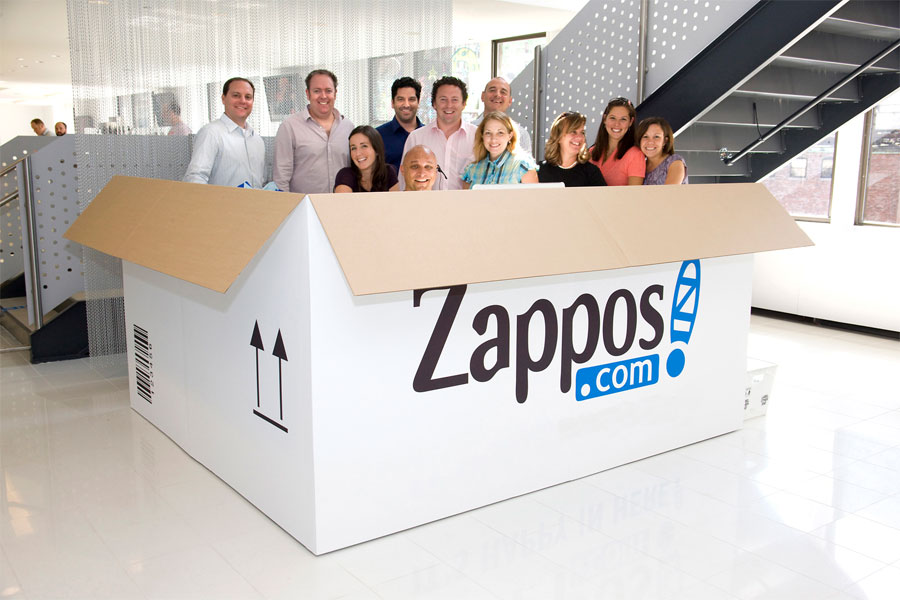While we are advancing in our targeted career path, we definitely need to influence the managers in some way and pass their approval for the position we want to reach. What if we talk about the existence of a management style in which there is no manager, manager, subordinate-superior relationship?
Although holacracy is not a new concept, it is currently used in more than 300 companies. Programmer Brian Robertson, who introduced this concept as a form of management in 2007, explains the concept as follows:
”Holacracy is a different way of managing an organization… Normally, hierarchy is sought in order to ensure order and unity in an organization, and we expect managers to provide this. In holacracy, there are different mechanisms to achieve this. Instead of a system where managers manage the flow, we are talking about a governance system where all team members interact and decide who should do what. There are a set of rules that determine what kind of autonomy you have, rather than managers who decide what people should do. Within the framework of these rules, you can make your own decisions on matters that make sense to you.”
In other words, with the holacracy system, there is no manager who tells you what to do and causes you to stress about raising a job. In this system, everyone is already doing their own duty and responsibilities within the framework they need to do.
It is expected that the holacracy system and the hierarchy system will decrease or even disappear in the future. Zappos Company, purchased by the online shopping site Amazon in 2009, is also cited as an example of a structure that implements and maintains the holacracy management style.
Brian Robertson, who revealed the holacracy management style, explains the details about holacracy in an interview as follows:
“I’m not claiming that holacracy magically destroys office politics. Holacracy just provides the company with a simpler and better set of rules, and no one in the company can act outside of those rules. Those who enforce these rules get what they want faster than when they’re making policy.”
Those who prefer the holacracy system, whose decisions and rules are not provided by individuals, but by a certain team, are startups (start-ups).
Professor Anna Lecher of New York University predicts that holacracy will be used by most companies in the next 10 years.















